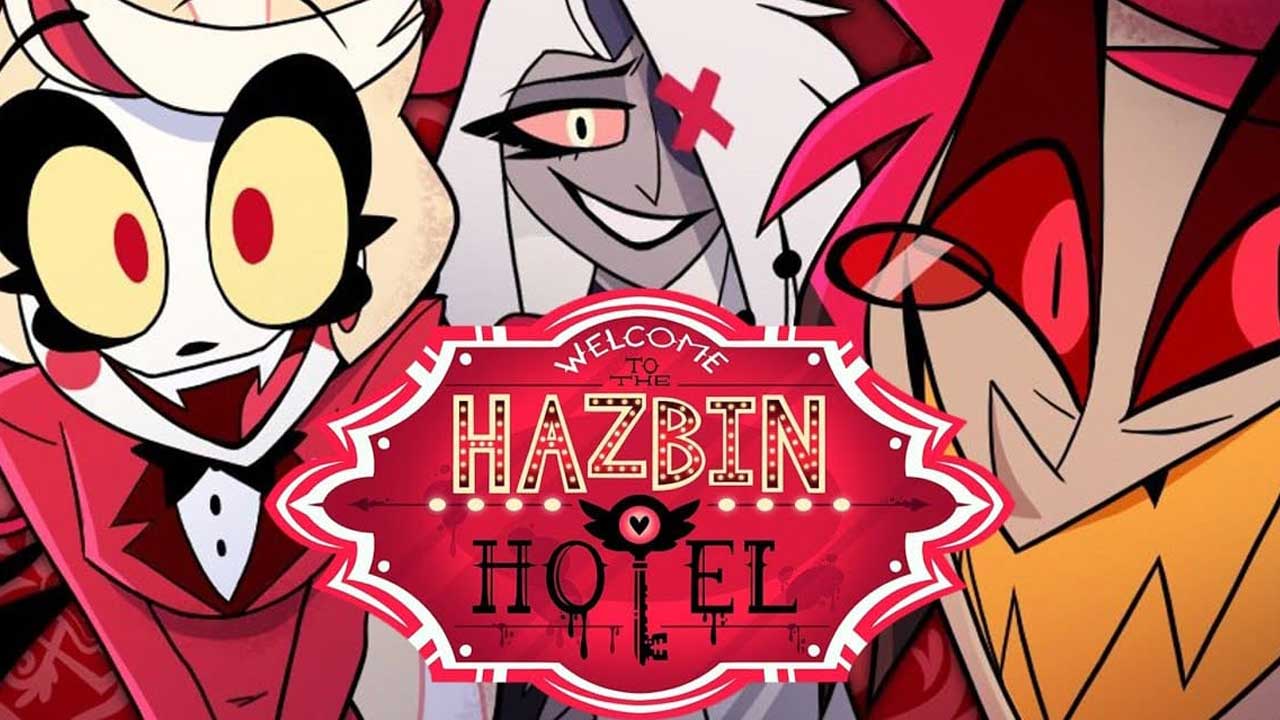
The old man in his youth was not inferior to Geralt.
Vesemir was so fierce when he was young. But it is also expected. After all, the old man visited more kilns when he was young than Geralt, Lambert and Escal combined. Most of the children who participated in the trial did not come from the heart, and some were due to fate caused by the law of accidents (some Witchers did not ask for money when they were paid, but instead asked for the first thing you saw when you came home or were Things you already have that the savior doesn't know, such as your unborn child that you don't know yet). But this movie depicts Vesemir as an idealistic and adventurous teenager: he actively wanted to be Witcher. He yearned for this way of life for killing monsters and getting paid, he didn't want to live under people all his life and he was eager to travel around the continent.
The plot is not brilliant, but it does the cause of Kyle Morhan's last massacre. I was watching Japanese dubbing, so I have to admit that Japanese voice actors are really skilled. I will not comment on painting, but I have to say that the performance is very restorative. For example, the deer's head spirit is always closely related to the crow; before the deer's head spirit is used, the residue oil is applied and the Ignifa seal is used to burn it. When catching the devil, I drew a trap of Ardenfa Seal. Finally, when fighting the Great Griffin Beast, use the Alderfa Seal which is the most restrained. There was a mutant elf in the middle. I thought it was a vampire girl or a vampire banshee, but it wasn't. It was just a mutation using a dream demon mutant. I think the screenwriter is also an experienced Witcher.
Vesemir is also a romantic. I once met an old woman in the auction house of "Heart of Stone" who collected Witcher equipment because she liked Vesemir. I heard that the old man died in a heroic posture in a Witcher posture, which seemed gratified and sad. But after all, Vesemir himself said that no Witcher died in the bed, just like the annihilated Witcher in the movie, making the old man's words more heavy and tragic in retrospect. In this movie, the father's little Ilyana gave him the will to live in the trial of grass. It's just that any love ending between Witcher and ordinary humans is a pity. Because time means different things to Witcher. Although there is enough time to help a Witcher improve his skills, it has become so invaluable that it cannot live well with ordinary people. Whether it is the woman in the cow castle or the Ilyana in the movie, their "everything" is only a short period of time for the old man; "so long" in Witcher's words may be a lifetime for ordinary people. The old man said in the moonlight that she was beautiful, and Ilyana, who was already Mrs. Zebster, responded shyly, "Please, I'm almost 70". This scene is really so moving.
Vesemir is a romantic to death creature. When he melted the frozen lake with Ignatius and leaned against Iliana before sunrise, I thought of Geralt and Yenefa leaning together on the snowy mountain after eliminating the spell. Sit down. The old man always remembered his lover's wish, even though Mrs. Zebst had forgotten it. So when she died, she said, "It's really beautiful. It doesn't look like it is true." Witcher usually doesn't have a lot of emotional fluctuations because of the mutation, and is often considered to be insensible. But Vesemir shed tears.
This was the first time I saw Witcher cry.






